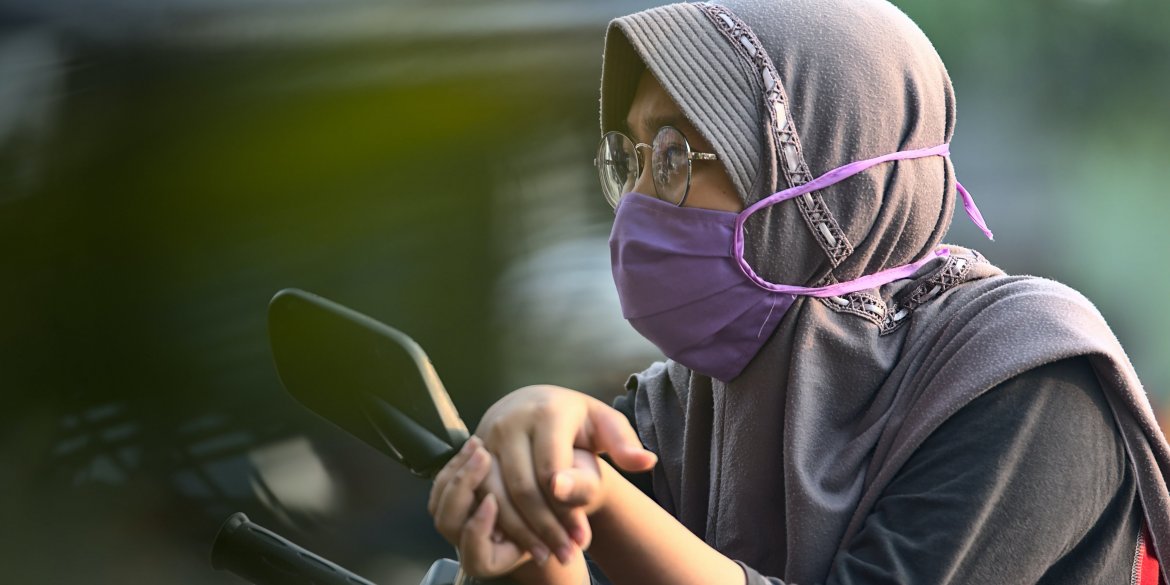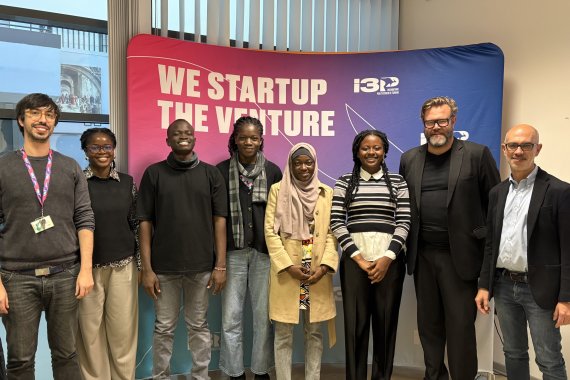5 reasons our post-pandemic world needs strong social protection
5 reasons our post-pandemic world needs strong social protection
The COVID-19 crisis presents a unique opportunity to improve social protection systems everywhere, including through an ILO convention
23 June 2021

The pandemic is far from over. Countries across the world are still grappling with the health crisis and socio-economic consequences of COVID-19.
Did you know that one in two people in the world do not benefit from any form of social protection? In the context of a global emergency, we need stronger advocates for social protection systems with full coverage.
Here are a few reasons why:
1. It’s proven to work
Well-designed and financed social protection systems are powerful buffers against poverty, inequality, insecurity and avoidable ill-health.
2. It’s possible almost everywhere
A minimum level of universal social protection is affordable in almost all countries except the poorest, which would require temporary international help.
3. It’s a game-changer during a crisis
Countries with a vaccine are better equipped to deal with a crisis than countries who have to resort to ad hoc treatments. COVID-19 is a unique opportunity to recognize and elevate the role of social protection.
4. It’s a catalyst of positive development
ILO conventions are standards of good, globally accepted practice that trigger positive developments. A universally ratified convention on social protection would ensure that the issue stays on the global development agenda.
5. It’s time for change
At a time when the world is in the grip of another global crisis, we can’t miss the opportunity to set new standards and levels of good practice. We can’t let 8 billion people stumble into the next global, regional, national, or local crisis without a clear solution.
Interested in social protection?
This story was adapted from a longer piece by Michael Cichon, former President of the International Council on Social Welfare

